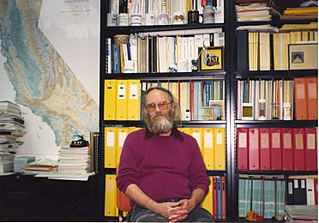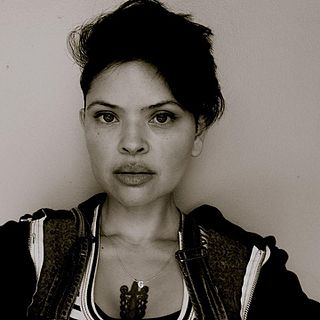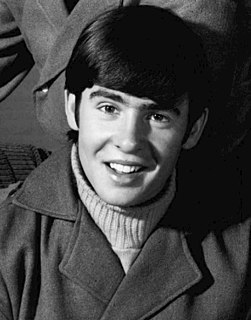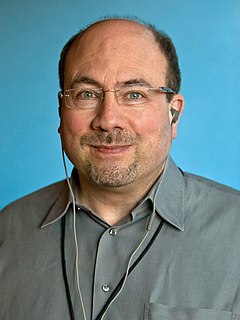A Quote by Noam Chomsky
A lot of association on the internet is highly constructive. There are people interacting, interchanging ideas, making plans, coordinating activities; take any of the popular movements, a lot of the organization is through the internet. We want to have a demonstration or we want to have a meeting, its done through the internet. I think that's all to the good.
Related Quotes
Everyone should be concerned about Internet anarchy in which anybody can pretend to be anybody else, unless something is done to stop it. If hoaxes like this go unchecked, who can believe anything they see on the Internet? What good would the Internet be then? If the people who control Internet web sites do not do anything, is that not an open invitation for government to step in? And does anybody want politicians to control what can go on the Internet?
We don't pay a whole lot of attention to the Internet until people have played the game - then we pay a lot of attention to whether people liked it. We read through it and see it, but we don't take it into consideration. ... [The Internet] is not going to dictate the direction of where the game goes.
I think they called me the closest thing to a God of the Internet. But at the end, that article wasn't very complimentary, because the author suggested that I wasn't doing a very good job, and that I ought to be replaced by a "professional." Of course, there isn't any "God of the Internet." The Internet works because a lot of people cooperate to do things together.
The Internet is the best and worst thing to happen to writing. It makes it so easy to quickly satisfy a lot of curiosity but it dampens curiosity for the same reason. It removes the obstacles that used to make hunting for knowledge sexy. I don't have Internet at home, so that helps. I try not to peek at the Internet through my phone when writing, but I don't have very good stamina.
I don't actually think of the internet as the bad guy. I think of the internet as doing a hell of a lot of wonderful, fascinating, interesting things. A lot of information that's exchanged on the internet is extremely useful, and every once in a while it percolates up to knowledge. Wisdom is far harder to come by.
It would be really great if someone would invent a new Internet with the specific purpose of not making money off of it, but making it what it originally was, a free marketplace of ideas, and there are still aspects of the Internet that are that. Wikipedia, essentially, is still the bastion of the original ideals of the Internet.
The Internet has been a blessing and a curse. The curse we know: A lot of people appropriating your intellectual property without paying for it. But I think it's important to realize the blessing of the Internet, which is that everybody has a voice and you can break through, even without a record company.
I draw a distinction between freedom of the internet and freedom via the internet. In the first case, it's making sure cyberspace is not over regulated and people can say what they want without fear of repercussions. But that's different from this freedom via the internet notion, which is often touted by all sorts of conservatives and neoconservatives who want young people in the Middle East and elsewhere in the world to use Facebook and Twitter and then go oppose their governments.
My take on the whole dot-com bubble was that a lot of people who wanted to make a lot of money got too excited and hyped up the commercial aspects of the Internet prematurely. I think the vision of the Internet as a democratizing medium - as everyone's printing press - is real. We got distracted from that by the mass hallucinations of the bubble.
Before I became the president of AT&T's consumer division, I was running strategy and our internet services, so I was the president of one of the first internet service providers, ISPs, AT&T Worldnet, and running our internet protocol product development as well. So I knew a lot about what was going on with the internet.






































